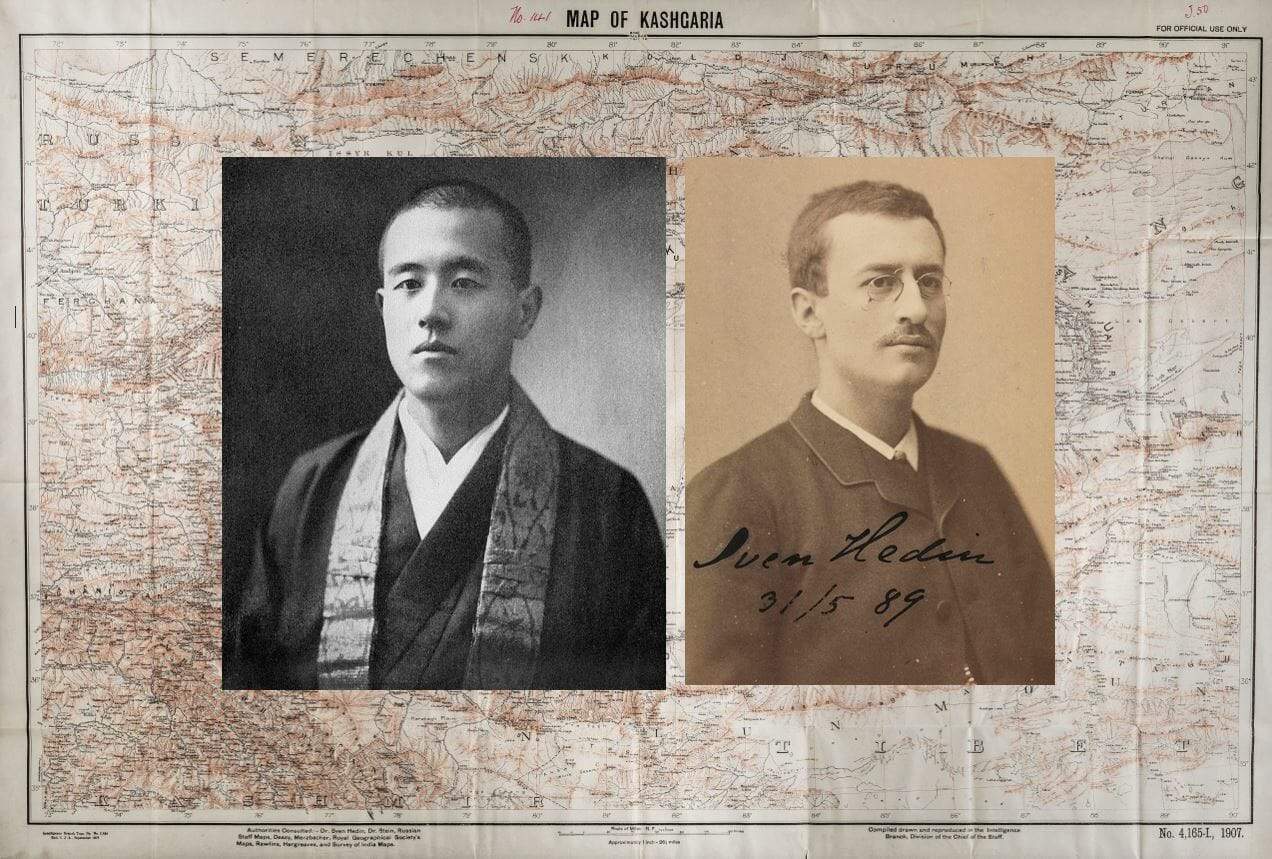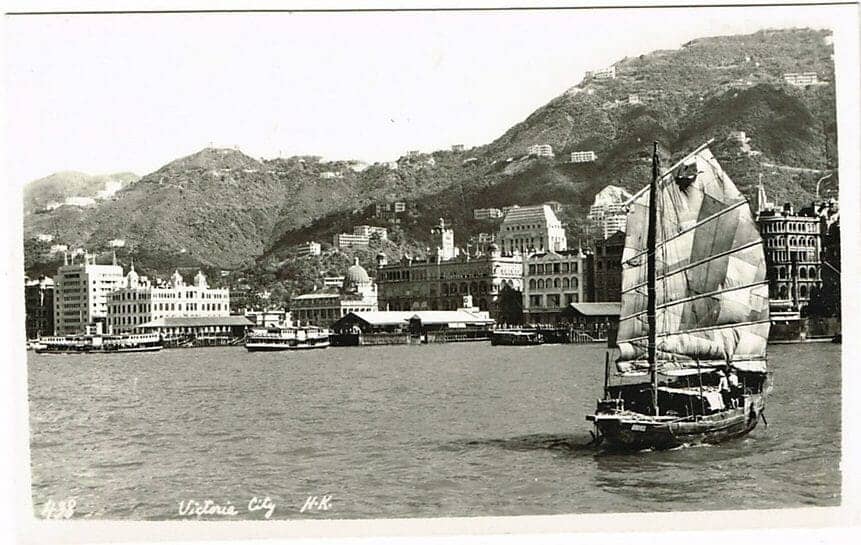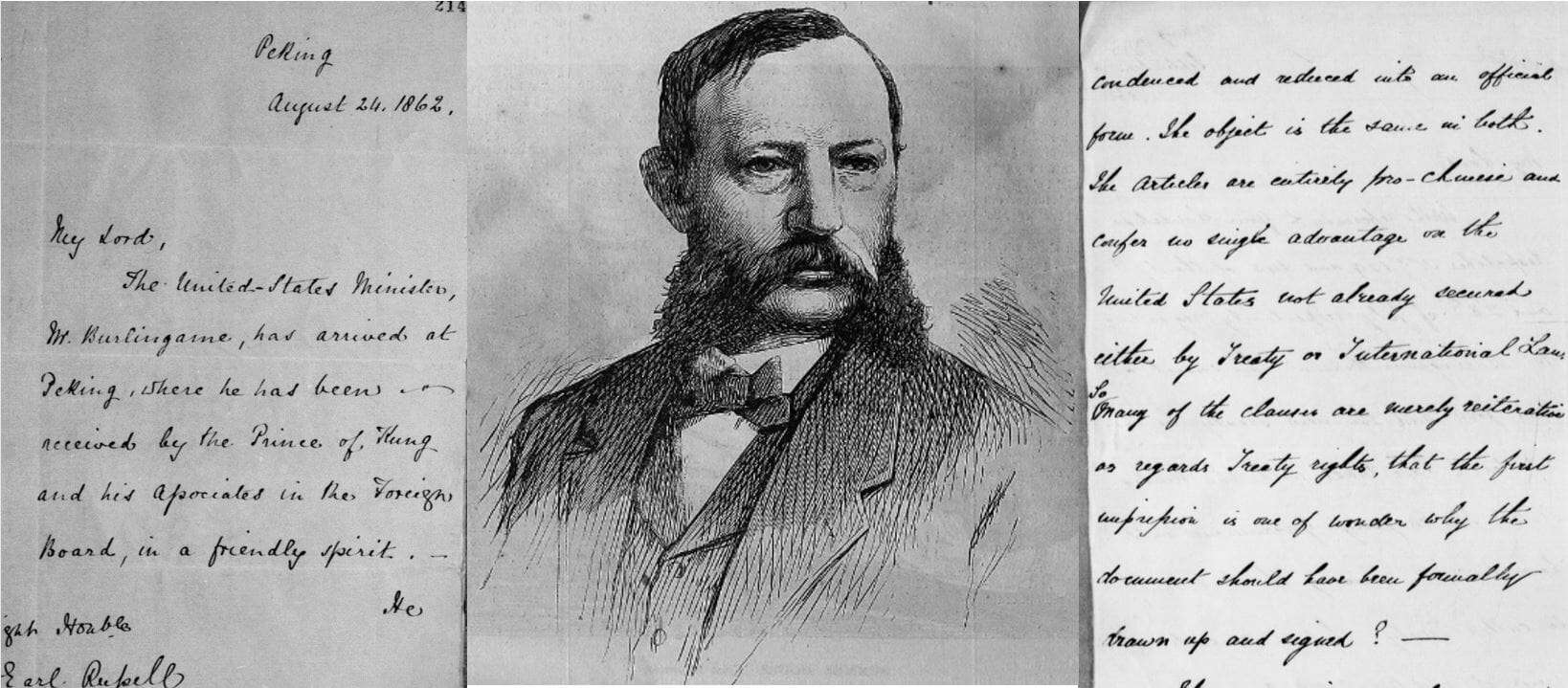|By Tetsuhiko Mizoguchi, Senior Marketing Executive, Gale Japan|
If you have been to Kyoto in Japan, you might have dropped in at the temple of Nishi Honganji. As the head temple of the Jodo Shinshu Buddhist sect, it attracts many tourists and was designated a UNESCO World Heritage site in 1994. Even if you stopped by at the temple, however, you might not know that it plays a fascinating part in the history of archaeological expeditions of Central Asia. Kozui Otani was the twenty-second abbot of Nishi Honganji temple. He also led exploratory expeditions, and came to exchange letters with Sven Hedin, a famous Swedish explorer, who even visited the Nishi Honganji temple during his trip to Japan.
Digging through Gale’s digital archive China and the Modern World: Diplomacy and Political Secrets, I found that the India Office Records covered not only diplomats and soldiers, but also explorers like Otani, Hedin and many others. Why? Central Asia, where these explorers were operating, was also the stage on which Western countries played an intelligence war called the “Great Game”. This blog post attempts to shed light on the involvement – or entanglement – of explorers in the Great Game, through the example of Otani and Hedin.



